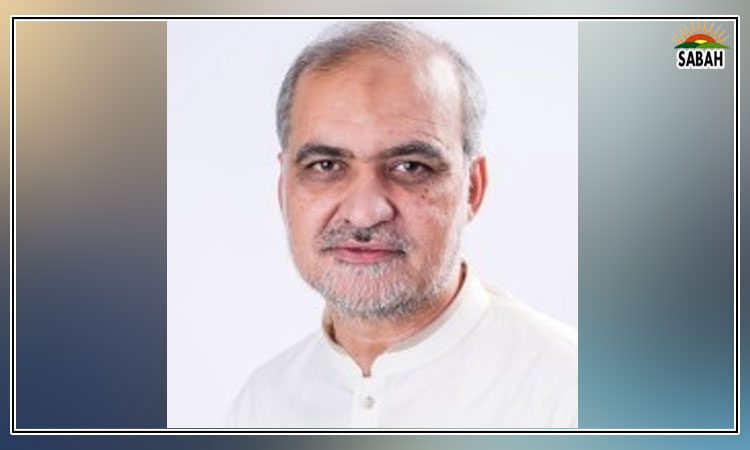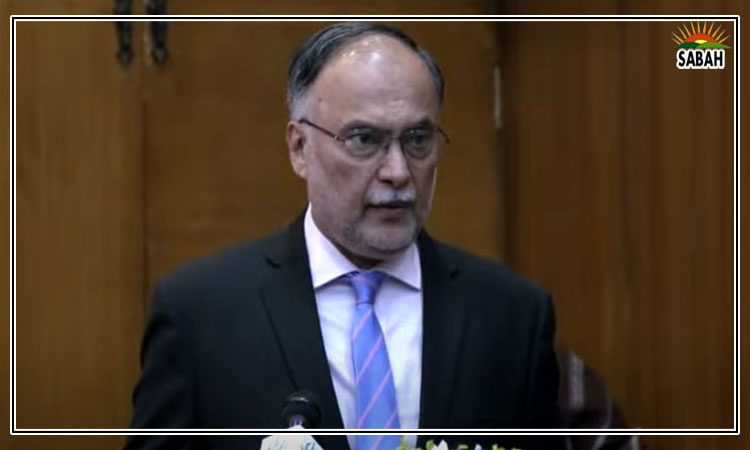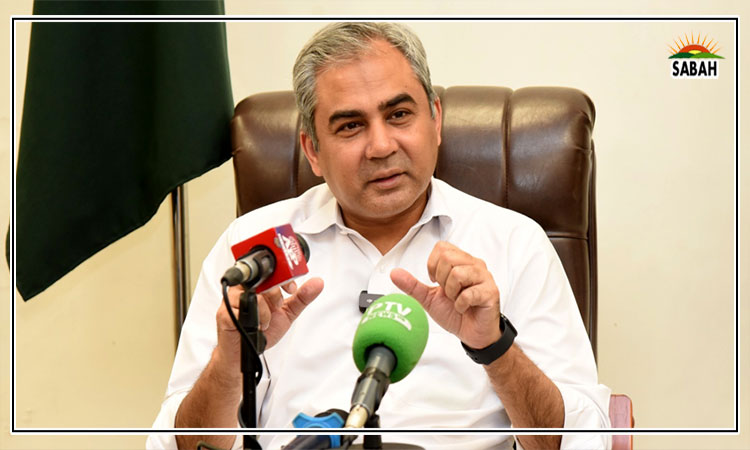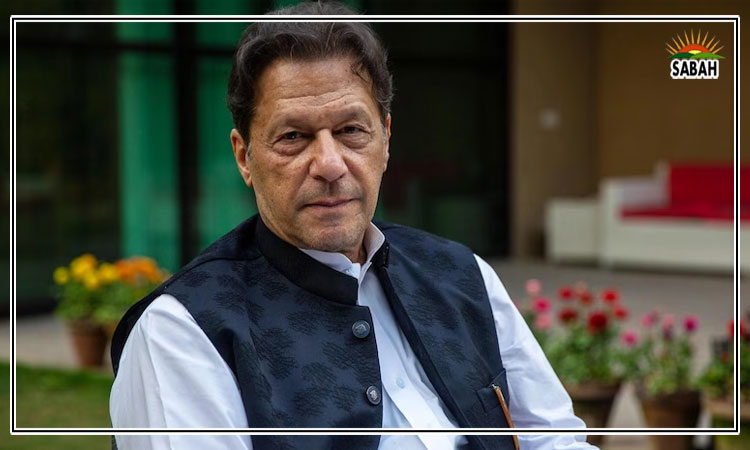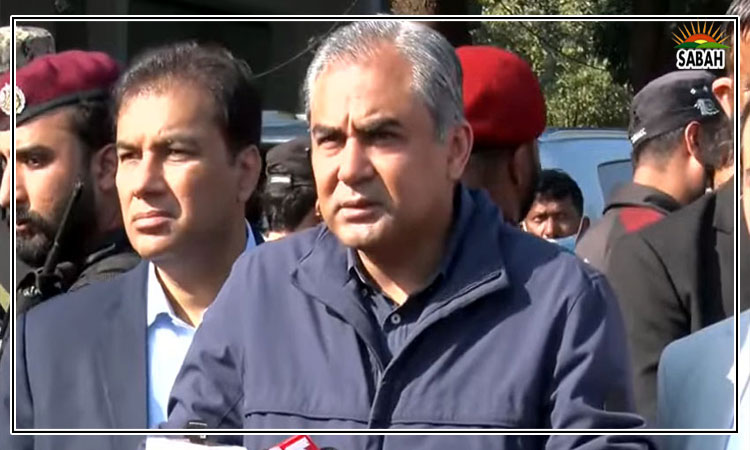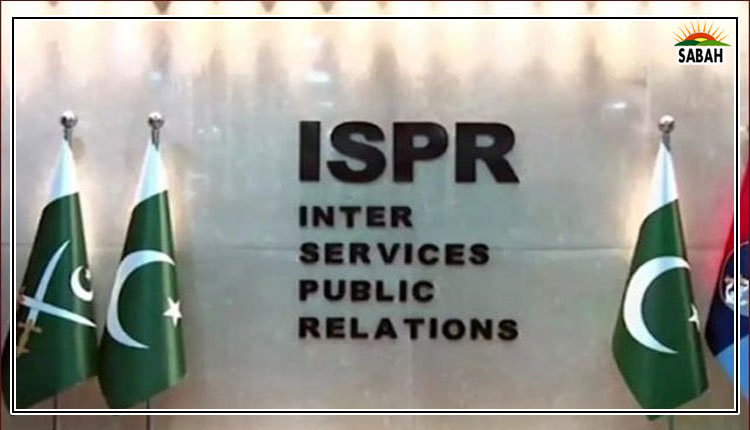New government and the challenges… Kamran Yousaf
Pakistan is in a familiar territory elections, allegations of ballot fraud and the first task of the new government to negotiate another IMF bailout. Little has changed in Pakistan. Our problems and there are a plenty of them are only getting deeper after every election. Usually, the new government has a honeymoon period and people have certain expectations. But the incoming government will not have these luxuries. The PTI has managed to successfully build a perception that the new government comprising PMLN and PPP do not have the mandate and legitimacy. Perception is often stronger than reality. Therefore, the new government will have little support on the streets at a time when it has to tackle the plethora of challenges that certainly require unpopular measures.
Pakistan is beset with a crippling economic crisis. The economy, under the extended term of the caretaker government, is stabilised to the extent that there is at least no threat of sovereign default in the near future. But that is just a temporary relief. Moodys, one of the three international credit rating agencies, says the country has the cushion to meet its external needs till June 2024. But there is no certainty how this nation of 250 million people would manage external resources for the next fiscal year. Pakistan has to strike a new deal with the Washington-based global lender sooner than later in order to avoid uncertainty. But the international credit rating agencies believe that with a fractured mandate, it would be an uphill task for the new government to conclude such a deal. The PTI has already written a letter to the IMF, asking the lender only to extend loans to a government which is legitimate. Similarly, a number of UN Congressmen have written to the Biden administration, urging it not to recognise the new government till the ballot fraud allegations are probed. These moves may not eventually affect the government in a great deal but would make it difficult for the Shehbaz administration to negotiate with the outside world from a position of strength.
In this country, a government with a two-thirds majority could not complete its five-year constitutionally mandated term and hence people are skeptical the new political dispensation could survive. But strange things do happen in our country. Often the fate of elected governments is determined based on the nature of civil-military relations. In this case though, the security establishment is as keen to succeed as the coalition government. If the new government fails, it will mean victory for the jailed former Prime Minister, Imran Khan. His popularity would only increase a nightmare scenario for the powers-that-be. The other factor that may help the incoming government to survive is the choice of Prime Minister Office. Shehbaz Sharif, during his 16 month as head of PDM, has shown that he could go along with allies as well as the security establishment. Had Nawaz Sharif opted for the top job, the situation could have been different. The elder Sharif always ended up antagonising the men in Pindi, triggering his untimely ouster on all previous three occasions. His younger brother, though, is a different breed. He is known as pragmatic and avoids getting embroiled in any controversy with the establishment. This may work both for Islamabad and Pindi.
But all this hinges on the success of the new government. Mere same page may not be enough. It is the delivery that matters. The government even before taking power is known as least popular and any misstep would make matters worse. Therefore, it is only the performance that would determine the longevity of the Shehbaz-led government.
Courtesy The Express Tribune


